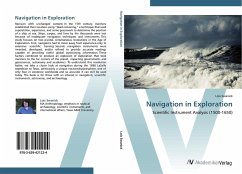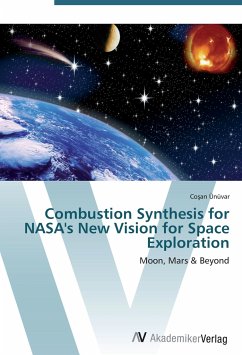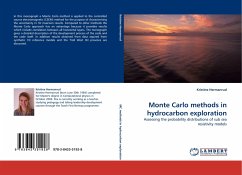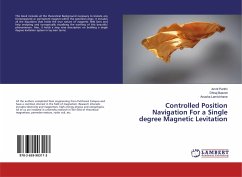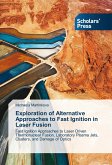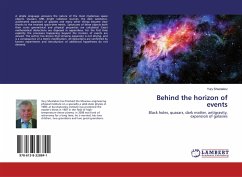Revision with unchanged content. In the 15th century, mariners established their location using dead reckoning, a technique that used superstition, experience, and some guesswork to determine the position of a ship at sea. Ships, cargos, and lives by the thousands were lost because of inadequate navigation techniques and instruments. This study focuses on two pivotal, simultaneous revolutions in the Age of Exploration. First, navigators had to move away from experience-only to extensive scientific training. Second, navigation instruments were invented, developed, and/or refined to provide accurate readings capable of providing useful global positioning information. These factors combined to produce an explosion of exploration that took mariners to the far corners of the planet, impacting governments and geosciences, astronomy and academics. To under stand this revolution better, we take a closer look at navigation during the 1686 LaSalle expedition to Texas, particularly a uniquenocturnal/planisphere, one of only four in existence worldwide and so accurate it can still be used today. The book is for those with an interest in navigation, scientific instru ments, astronomy, and archaeology.
Hinweis: Dieser Artikel kann nur an eine deutsche Lieferadresse ausgeliefert werden.
Hinweis: Dieser Artikel kann nur an eine deutsche Lieferadresse ausgeliefert werden.

